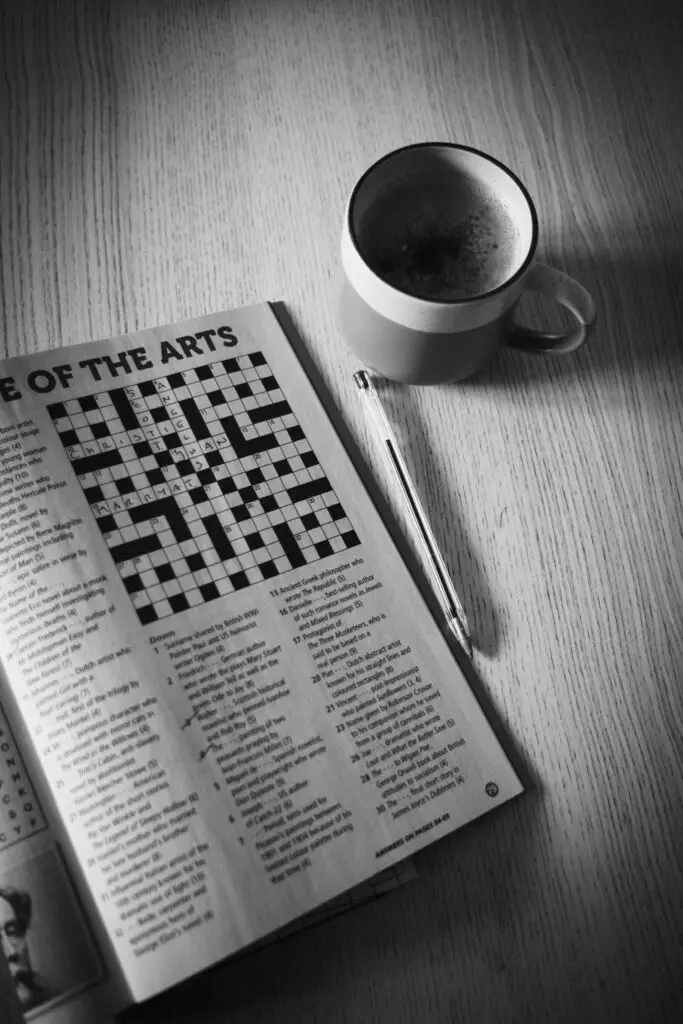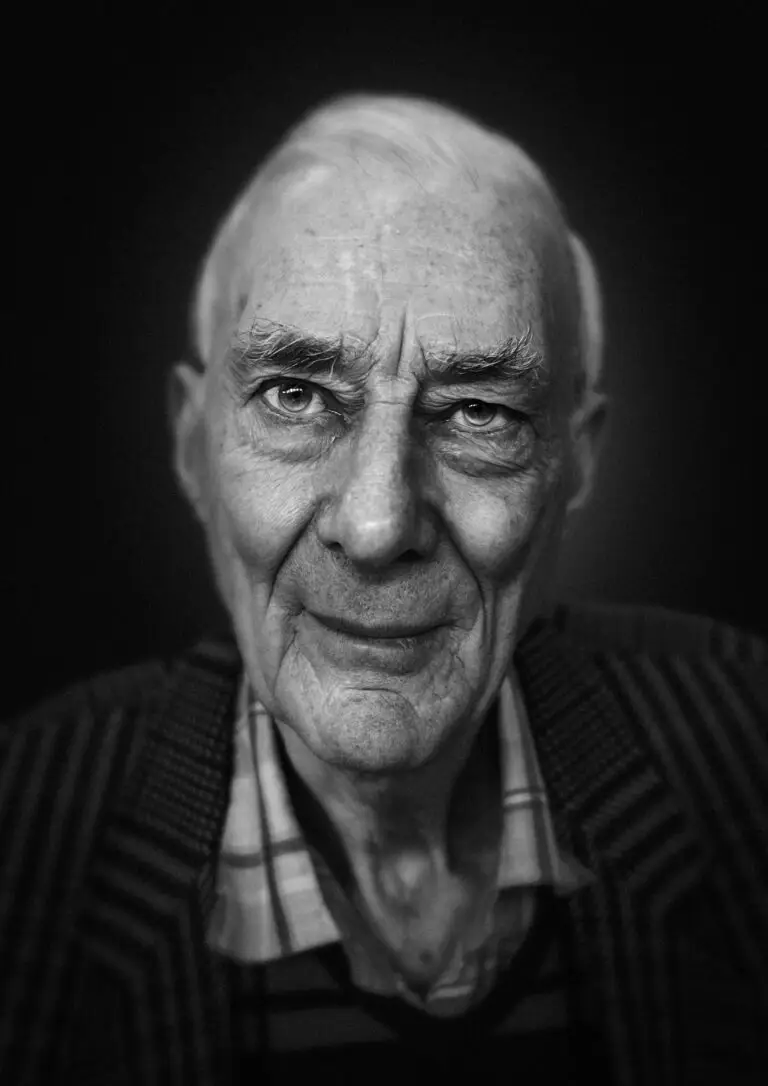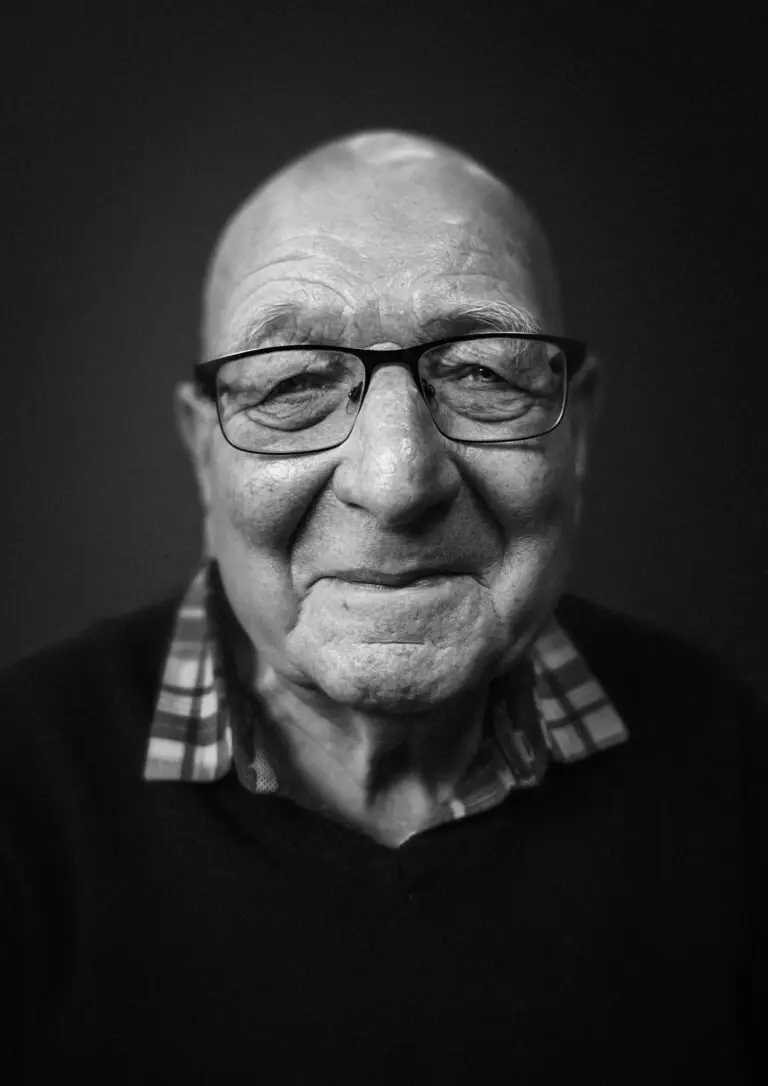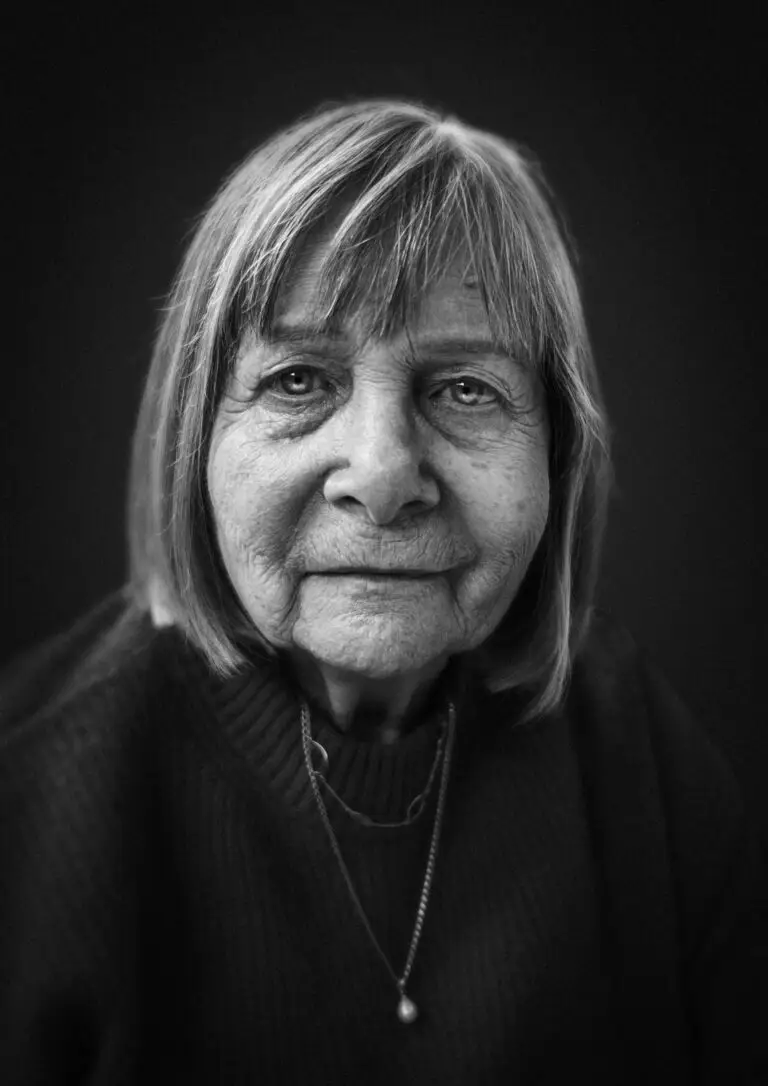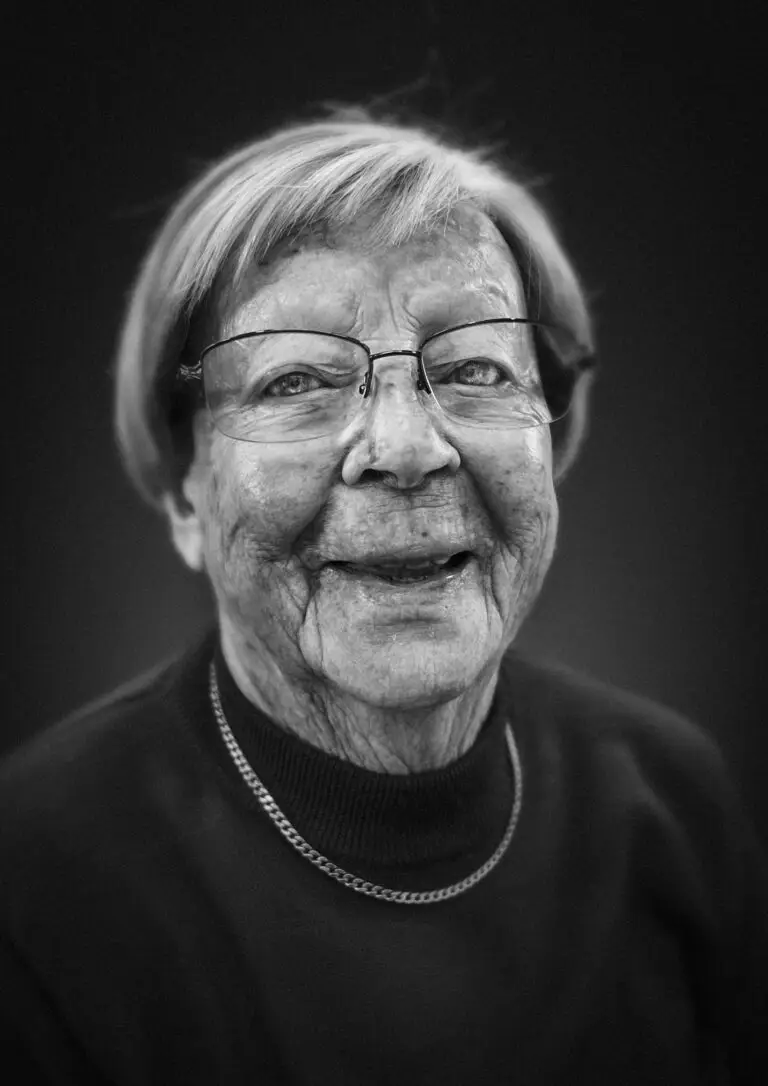It’s weird. Some days I still forget he’s gone. I’ll be walking home from work or making a cup of tea and suddenly think, I should tell Dad about this. Like the time my mate Sam stacked it on his bike and landed in a bush—Dad would’ve loved that story. Proper belly laugh.
He passed away last year. Dementia. It started a few years before that, but honestly, we lost parts of him along the way. Watching someone you love slowly disappear like that… it messes with your head. Because they’re still there—but not really.
Dad was brilliant. One of those “can fix anything” kind of blokes. DIY legend. He once built a BBQ out of bricks in the garden and refused to buy a proper one, said it had more “character.” He’d wake up singing, wore awful socks on purpose to annoy my mum, and made the best Sunday roasts—Yorkshires like clouds.
We were close. He was a bit old-school, didn’t really do big emotions, but you always knew he cared. He taught me how to change a tyre, helped me move into my first flat, and when I was broke, he just slid a tenner into my hoodie pocket and pretended it wasn’t a big deal.
I first noticed something was off when he called me three times in one day to ask what time we were meeting for dinner. Same conversation. Every time. At first, I thought he was just stressed or tired. But then he got lost coming back from the supermarket—literally five minutes from our house. That scared me.
The diagnosis was rough. I went with him to the appointment. He kept cracking jokes—“Do I get a badge now?”—but I could see his hands shaking. When they said it was dementia, he just nodded, really slowly. Didn’t speak the whole car ride home.
After that, things changed fast. He stopped doing the crossword in the mornings, which really got to me. He’d always done it—used to tease me when I couldn’t get the clues. And conversations started to feel like broken records. He’d ask me the same question six times in ten minutes. I tried to stay patient, but I’d be lying if I said I didn’t snap sometimes. You feel guilty straight away, of course. But you’re only human.
One of the hardest bits? When he forgot my name. Called me “the young lad” a few times. That broke me. It’s not just the memory loss—it’s like little pieces of their personality go missing. He got scared a lot. Paranoid. Thought people were stealing from him. He’d never been like that.
But there were good days too. Like when I played him an old Oasis song and he suddenly lit up, started singing along. Or when we watched the footy and he somehow still remembered all the chants. We’d eat chips, shout at the telly—it felt normal for a bit. I lived for those moments.
Mum struggled. She never said it, but you could see it on her face. Exhausted. Heartbroken. My sister and I took shifts, gave her space when we could. We started leaving notes around the house for Dad—like, “Milk’s in the fridge” or “You’ve already had lunch.” Little things that helped.
We also had this routine—every Saturday morning, we’d walk around the block with him. He’d forget halfway through why we were walking, but he liked it. And it gave us something to hold onto.
The carers were legends. Absolute saints. They treated him with dignity, even when he was having a bad day. I don’t think people realise how much difference that makes—not just to the person with dementia, but to the whole family.
If I had to give advice to anyone else going through this, I’d say: be kind to yourself. You’re going to mess up. You’ll get frustrated. You’ll cry when you least expect it—like in Tesco, next to the cereal aisle. That happened to me. Something about seeing his favourite cornflakes.
I miss him every day. I miss his daft jokes, the way he’d whistle like a kettle when he snored, even the way he’d tell the same story over and over again. I wish I’d recorded his laugh. I wish I’d told him more often how much I loved him before the words stopped meaning anything to him.
But I know he knew. Somewhere deep down, he knew.
Dementia is brutal. It steals things in slow motion. But it doesn’t touch love. That sticks. Even when everything else fades.
He’s still my dad. Always will be.
